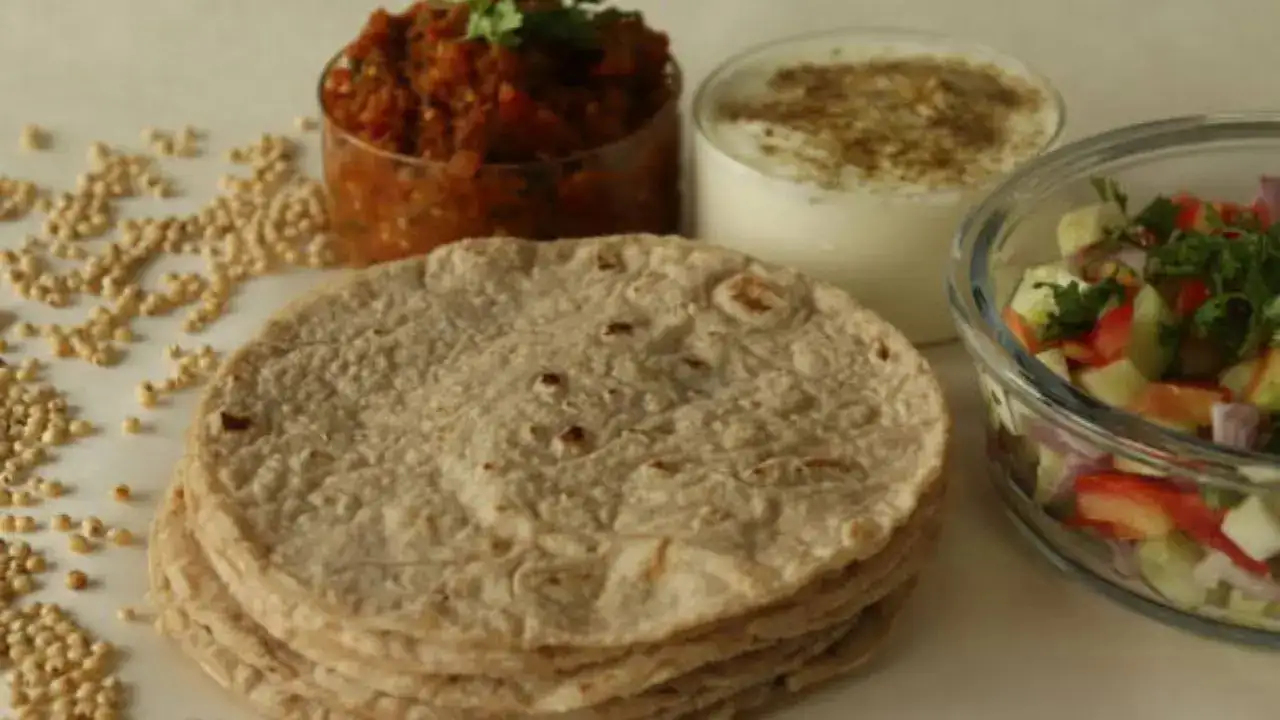
Barley is packed with dietary fibre, which significantly helps in weight loss and management
Rotis are a staple in most Indian households, with many people eating them in all three meals. While usually, people eat rotis made with wheat flour—as it is loaded with fibre and is filling—experts say due to the quality in today’s times, it does not get digested properly, even leading to allergies and intolerances in many. And so, switching to an alternative flour—which is way healthier and even promotes weight loss—is the best thing to do.
While for calories, carbs, protein, and fats, wheat and barley are quite similar even after undergoing processing, such as milling or de-hulling. However, according to experts, wheat loses significant amounts of fibre during milling, as the majority of the nutrients are found in the bran layer of the grain.
On the other hand, barley is packed with dietary fibre—which provides around 60–70 per cent of the 25 grams recommended by the American Heart Association.
How does barley help you lose weight?
According to experts, barley or jau flour aids in weight loss more effectively than wheat due to its higher fibre content—especially the soluble fibre known as beta-glucan, which promotes
- Feelings of fullness
- Slows digestion
- Regulate blood sugar levels.
Beta-glucan is particularly beneficial for managing blood sugar and cholesterol levels, which can indirectly contribute to weight management by improving overall health. Also, barley has a lower glycemic index compared to wheat, which stabilises blood sugar levels, further supporting weight management. It helps prevent blood sugar spikes and crashes, which contribute to weight gain.
However, doctors say that like all whole grains, barley does have antinutrients, which impair your body’s digestion and nutrient absorption. And so, to reduce the ill effects, try soaking or sprouting the grain to reduce the antinutrient content. These preparation methods make barley’s nutrients more absorbable as well.
Soaking and sprouting also increase vitamin, mineral, protein, and antioxidant levels.
Barley boosts gut health
Barley boosts your intestinal health—due to its high fibre content, especially insoluble fibre, which does not dissolve in water. It, however, adds bulk to your stool and accelerates intestinal movement, reducing your likelihood of constipation.
According to studies, those eating more barley show improved bowel function and increased stool volume. On the other hand, barley’s soluble fibre content also provides food for friendly gut bacteria, which, in turn, produce short-chain fatty acids that feed gut cells, reducing inflammation and improving symptoms of gut disorders such as irritable bowel syndrome (IBS), Crohn’s disease, and ulcerative colitis.
Barley takes care of your heart health
According to experts, barley lowers your bad or LDL cholesterol levels. The beta-glucans bind to bile acids—which are removed by your body after the liver produces them from cholesterol.
Your liver must then use up more cholesterol to make new bile acids, in turn lowering the amount of cholesterol circulating in your blood.
Get Latest News Live on Times Now along with Breaking News and Top Headlines from Health and around the world.
